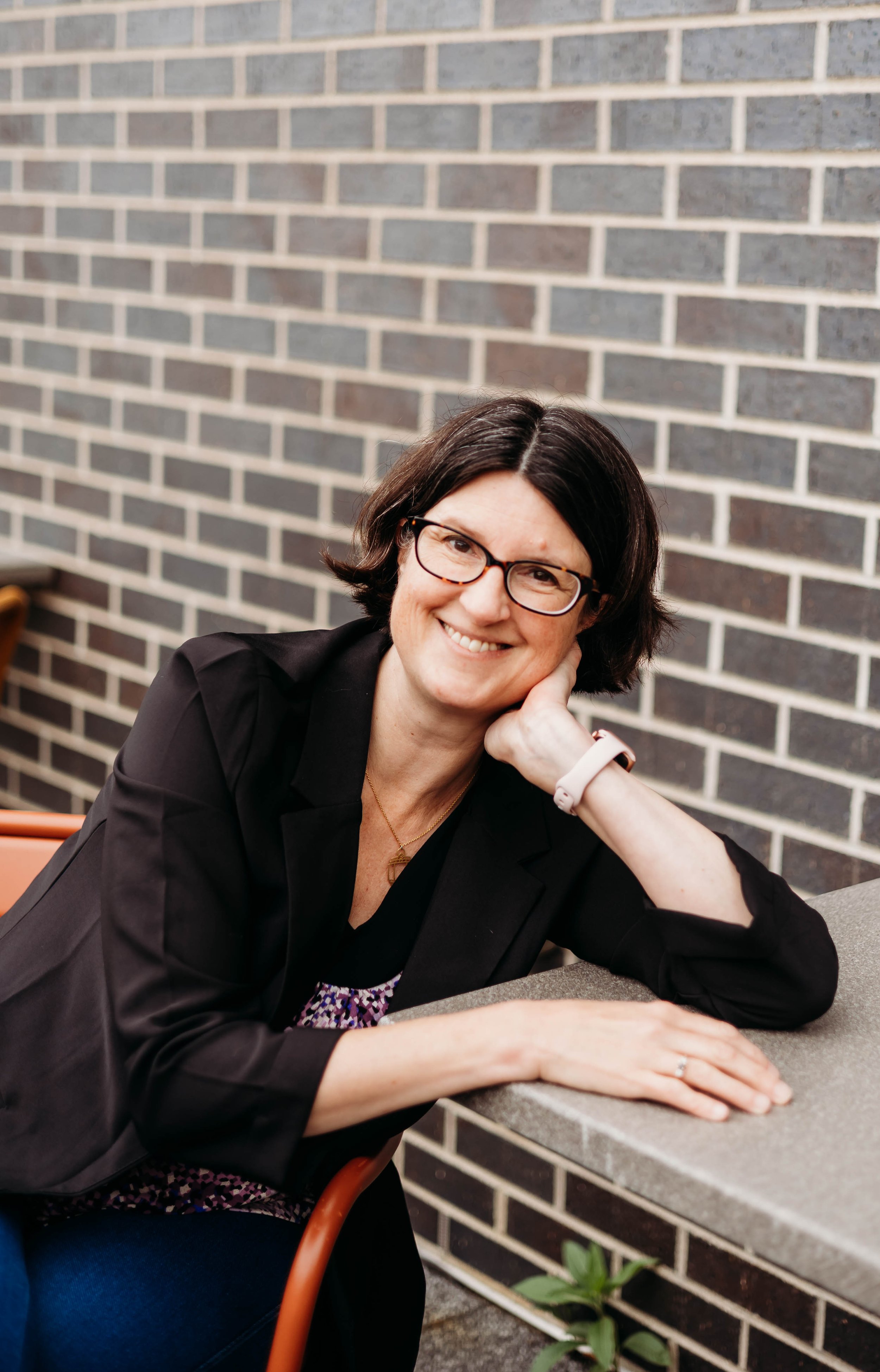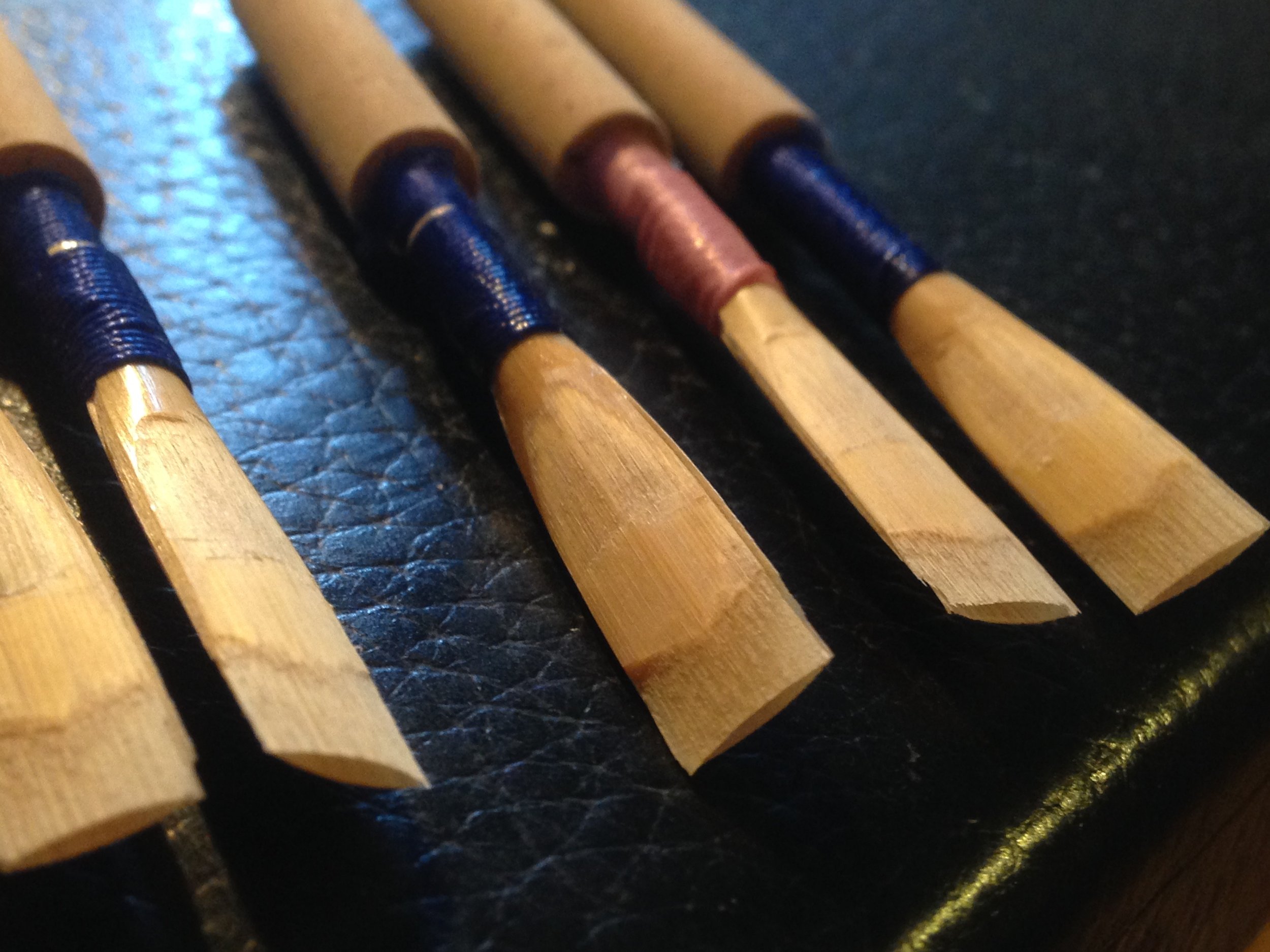
Performer - Author - Entrepreneur - Coach
Hi, I’m Jennet, and I AM the Happiest Musician!
I serve oboists by offering high quality reeds, cane, tools, and supplies for sale, by running courses and programs on reedmaking, oboe skills, and artistry, and by being active as an oboist in the world.
I inspire musicians to thrive in their creative careers with my podcast, Crushing Classical, my book, The Happiest Musician, and business and mindset coaching.
YOUR artistry matters, and I want to see you THRIVE!
UPCOMING EVENTS
UPCOMING EVENTS
Want to see (and hear) more?
I have OVER A HUNDRED reedmaking videos and TENS of performances on YouTube!
What does it mean to REFINE an oboe reed? What's the difference between scraping for vibration and scraping for refinement?
Mendelssohn Oboe Concerto - arranged by Jennet Ingle
No Limits: How the Portfolio Career Expands Your Possibilities
Shop Now
Whether you need an oboe reed subscription, reedmaking support, or my BOOK, you can find it in my shop!




